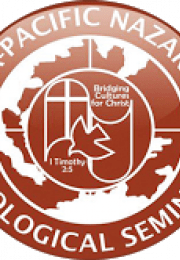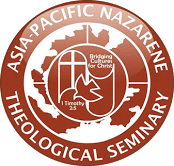- Resource Types
- Resource Languages
- Institutional Repository
 Visit the home page
Visit the search page
Visit the home page
Visit the search page
About Site Language
WHDL is viewable in multiple languages. Use the pull-down menu to select a language to view the site.
I changed my language, but I’m still seeing resources in the other languages?
If a resource or text has not been translated into your selected language, it will appear in the initially added language. We are always looking for help translating these resources. If you can help, contact us!
WHDL - 00009917


The arguments of Gabriel Marcel on God, the Absolute Thou as the ground of intersubjectivity is presented. The researcher used both expository and correlation methods to establish the nature and significance of the reciprocal relationship between intersubjectivity and the Absolute Thou. Marcel's existential ontology highlights his "mysterious" approach to reality that reveals human persons with exigence of being and as essentially participating beings-in-the-world. At the core of Marcel's intersubjectivity are these inseparable pillars: love, fidelity, and hope that characterize openness, community, unconditionality, and eternity. Central to these pillars is a theocentric directedness. In Marcel's non-objective approach to God, the Absolute Thou breaks free from the presentation of God as abstract entity. Rather, the Absolute Thou manifests as open presence, abiding presence, and eternal presence. Because the Absolute Thou is relational, therefore God can be experienced through personal involvement by the way of faith, love, and hope. The result of the study justified the centrality of God, the Absolute Thou in intersubjectivity in two levels: (1) only God can fulfill a human persons' exigence of being, and (2) only in God, the Absolute Thou can love, fidelity, and hope have their full assurance and eternal significance. This study includes two areas of recommendations: the first focuses on exploration of the centrality of love in Marcel's philosophy and the second focuses on a comparative study between Marcel's notion of intersubjectivity and Wesley's theology. Wesleyan theology deals dealing with: (1)personhood; (2) intersubjectivity and Perfect Love, i.e., entire sanctification; (3) the "I-he/she/it relationship" and the understanding of sin; (4) the triune Godhead as a framework for the notion of intersubjectivity as agapeic love; and (5) the exigence of being and imago Dei.
Copyright statement is available in the library.
2018
2015
2017
2017
2018
1944
1875
1936
1928
1879
2002
2005
1905
1906
1760
1945
1905
2007